I Believe is a poem by a Garo poet, Brucellish K Sangma. It is a translation from the original Garo poem, Anga Bebera’a into English by the same poet. She is one of the eminent poets among the Garo women poets. She often translates her own poems from one language to another.
Suggested Reading: Detailed Summary of I Believe by Brucellish K Sangma
Analysis of I Believe by Brucellish K Sangma
Sangma comes from a region of India that is not part of the mainstream, that is, from the north-east. Many of the peoples of that region belong to what are known as the scheduled tribes. Such peoples are often underestimated. It is believed that they are only able to study and work alongside the mainstream population because of reservation. However, that is not the case. Often they are highly talented and only cannot perform up to their full potential because of lack of opportunities. In her profession as a civil servant of Meghalaya, Sangma had probably come across many such youths whose talent had gone to waste. She writes this poem on their behalf. She asserts that people from her part of the country can succeed in any profession. So strong is her belief in the abilities of her fellow men and women that she believes they can even defy gravity or interact with such dangerous creatures as sharks without any harm to themselves.
She also knows that her people value the resources that the earth gives us much more than the rest of the Indian mainstream, and that only they can use those resources to the greatest advantage. She knows that the peoples of the north-east can travel to any place in this world and make themselves proud with their commitment to the work they are supposed to do. However, their true purpose in life is to serve their own geographical region. The north-east has not yet reached the same level of development as the rest of India as well as the first world. Hence all the qualified professionals of the north-east should focus their energies on facilitating the progress of their land. This land is very close to their hearts. They have been born and brought up here. It is the air of this region that they have breathed, and all their dreams also focus on this region. Hence they must work to make the north-east a place that they can proudly call their own and that will never again be underestimated. They must make the rest of India and the world believe that they are not in any way behind in terms of infrastructure or capability; that they are equally skilled and equally successful.
Poetic Devices in I Believe
Rhyme scheme:
The poet does not follow any identifiable rhyme scheme in this poem.
Rhetorical devices:
Personification: This rhetorical device is used to bestow human qualities on something that is not human. In this poem, the poet uses the device of personification with respect to the earth in line 10. She imagines the earth to be a human figure with a belly.
Metaphor: This rhetorical device is used when a covert comparison is made between two different things or ideas. In this poem, the poet uses the device of metaphor in line 14 when she compares human beings with angels.
Central Idea of the Poem:
The poet asserts that she can defy gravity and pierce the sky with a single pebble. She can watch the angels as they are performing their various tasks, and she can feel the clouds and the stars. She can dive into the ocean and swim with sharks. She can find every priceless gem from beneath the earth’s surface and decorate herself with them. She is sure that all human beings are angels and that they can all work together to make the world a better place. However, his loyalty is to the land where she truly belongs, whose air she breathes and which she dreams of.
Themes of the Poem:
Tribal pride: Sangma is extremely proud of her heritage as one of the tribal peoples of the north-east. This is most evident in her use of the “K” in her name that stands for her clan known as the Koksi. She is so confident that her people are strong and noble that she is not afraid to flaunt it. In this poem too she speaks as a representative of her people. She asserts that her people can conquer the world with their extraordinary talent and abilities. In fact she says that they are all angels. In comparing her people with these mythological creatures, she is saying two things – that they are god’s chosen people, and that they are very kind and caring. She feels that her people are special and that is why they are not inferior to others. However, just because they have found the right opportunities, they should not be in a hurry to move out of the supposedly underdeveloped north-east. Their loyalty should lie with the land that has nurtured them so far. They should dream of their land one day achieving greatness and true glory, and should work for the same. Only after they have served their own land and their own people should they consider working for the rest of the world. This may make it seem that their talent and abilities are being restricted but that is not the case. Rather than restricting their abilities, this would in fact channelize their abilities and use them where they are most needed.
Ecological consciousness: Sangma tells us in this poem that her people know of the treasures of the earth. She knows that they are the ones who will be able to pierce the earth’s surface and find priceless gems. She also says that her people will never attempt to sell those gems, but only use them to adorn themselves. Beneath the surface of such simple words there actually lies a deep ecological consciousness. What Sangma means is that her people are skilled in harnessing the resources that the earth provides us – its flora and fauna, its minerals and its ores. However, unlike most other peoples of the earth, they do not attempt to gain profits by exploiting such resources. They use the minimum amount possible and save the rest. They are aware that these resources cannot be easily renewed and respect that fact as well.
Tone of the Poem:
The poet’s tone is predominantly one of defiance in this poem. She asserts that her people can soar above the earth and dive to its very depths. Of course such things are not possible in reality, but they are used as metaphors to show that dreams have no limit. The poet’s sense of responsibility also shines through towards the end of the poem when she says that she must fulfill the role that has been given to her in her own land. We cannot help but admire the poet for all these qualities.
Conclusion:
The very title of the poem “I Believe” is inspirational. It gives us a message of self-belief. It tells us to have confidence in ourselves, no matter how much other people may underestimate us. It teaches us that the sky is the limit as far as our dreams are concerned. We must dream big, but we must also be ethically responsible. We must never exploit the resources that are available to us and that we should be loyal to the land of our birth. No matter how much success we achieve, we must never forget where we came from or take that place for granted.
Dear Readers- If this summary/analysis has helped you, kindly take a little effort to like or +1 this post or both. Make sure you like Beamingnotes Facebook page and subscribe to our newsletter so that we can keep in touch. We’ll keep informing you about stuffs that are really interesting, worth knowing and adds importance to you.
Some online learning platforms provide certifications, while others are designed to simply grow your skills in your personal and professional life. Including Masterclass and Coursera, here are our recommendations for the best online learning platforms you can sign up for today.
The 7 Best Online Learning Platforms of 2022
- Best Overall: Coursera
- Best for Niche Topics: Udemy
- Best for Creative Fields: Skillshare
- Best for Celebrity Lessons: MasterClass
- Best for STEM: EdX
- Best for Career Building: Udacity
- Best for Data Learning: Pluralsight

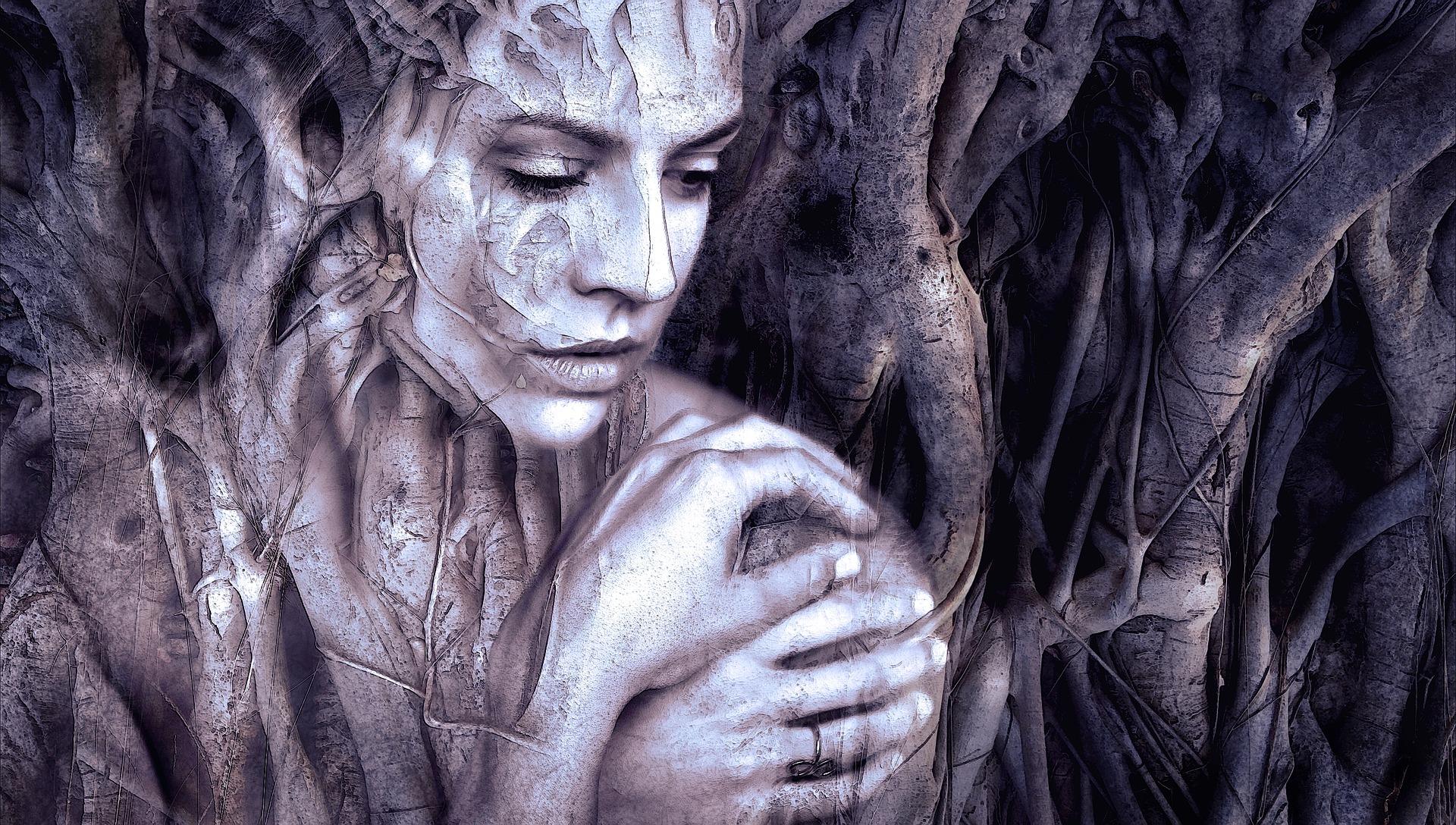


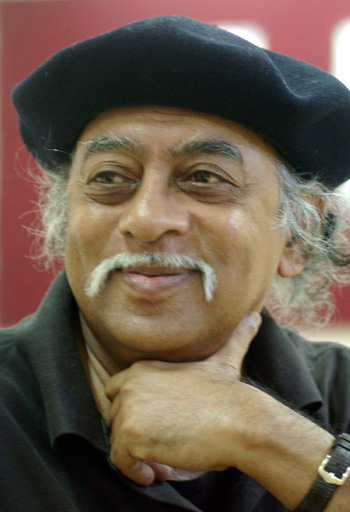
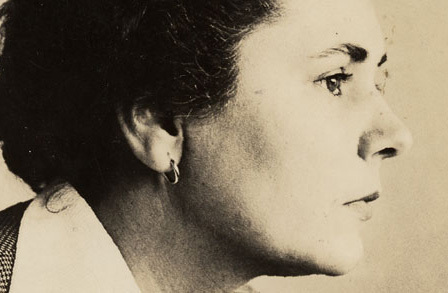
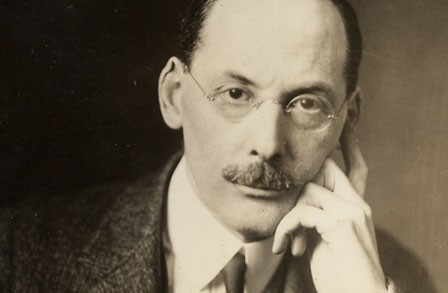

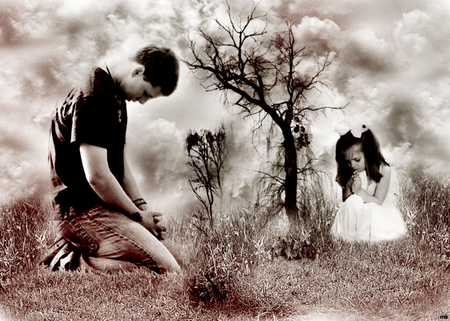
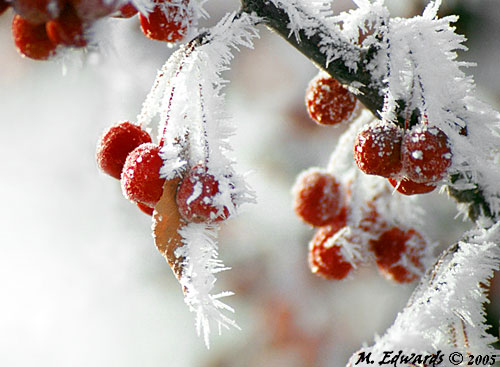
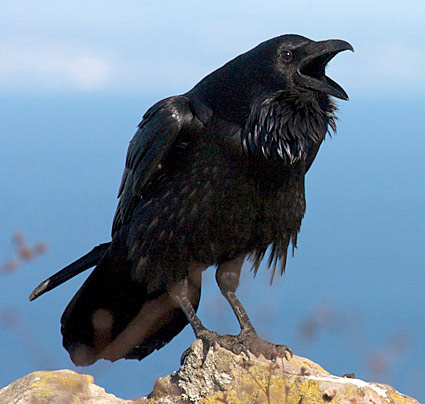







You need to get the grammar in this rectified. Other than that, spot on, thanks for the help.
Famtastic summary………….
Good analysis! Helped me study for ICSE. However, this is not a haiku as a haiku has a 5-syllable first line 7-syllable second line and 5- syllable third line which none of the stanzas in this poem have. All the stanzas also do not have 17 syllables in this poem. Otherwise, thank you so much
A haiku is a traditional poetic form,orignated in japan.it is a three lined poem and “i believe” has six paras consisting of 3 lines in each
She didnt say it was a haiku, she said it resembles one.
Good summary but just check a little bit of grammar
Nice one . Helped me a lot. N its not a haiku .
Hey thanks for that summary it helped me alot but i’m confused as who is “i” in the poem . Is it the port or the ppl
A enlightening analysis. Clearly divided into neat subtopics
In all other summaries,it is written that’i’ refers to the poet herself..she is confident of her abilities but in your summary it is said that she is referrin to her people…
Very nice analysis. Helped me a lot. Thank u.
Thank you. Something important is missing here. The poem uses anaphora . The phrase I believe is repeated at the beginning of each Para.